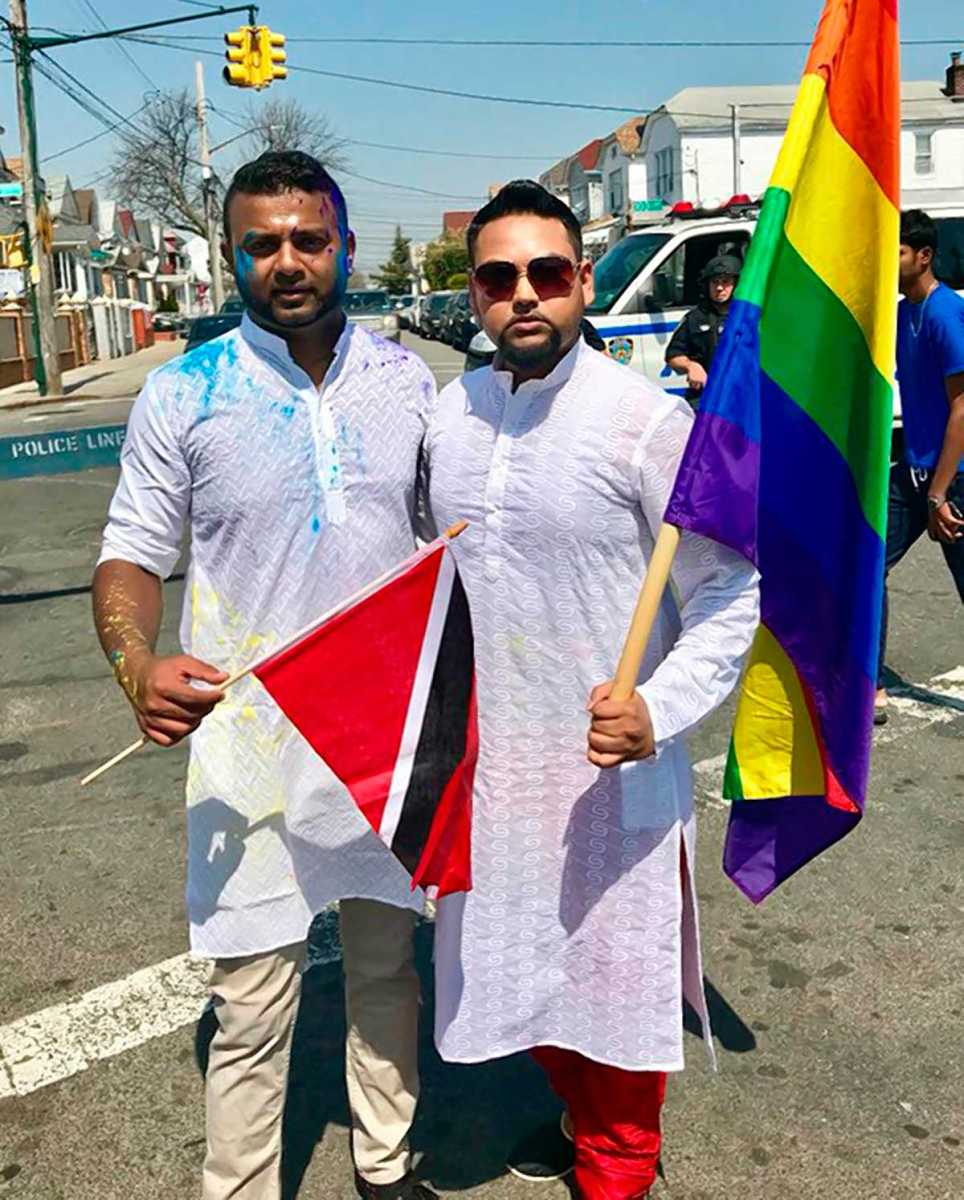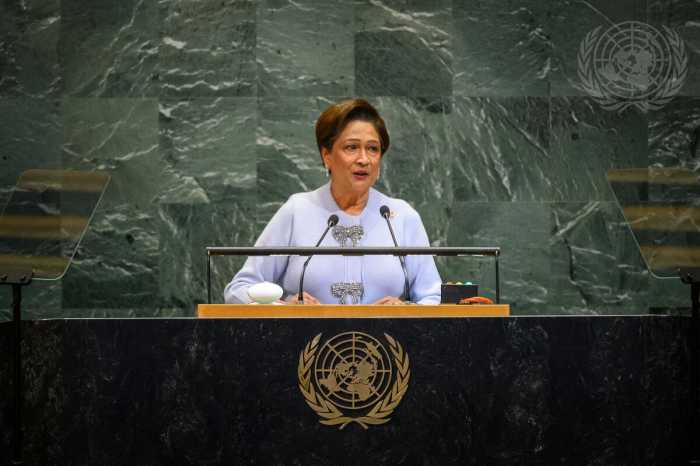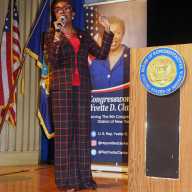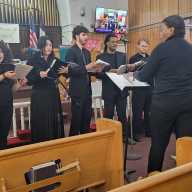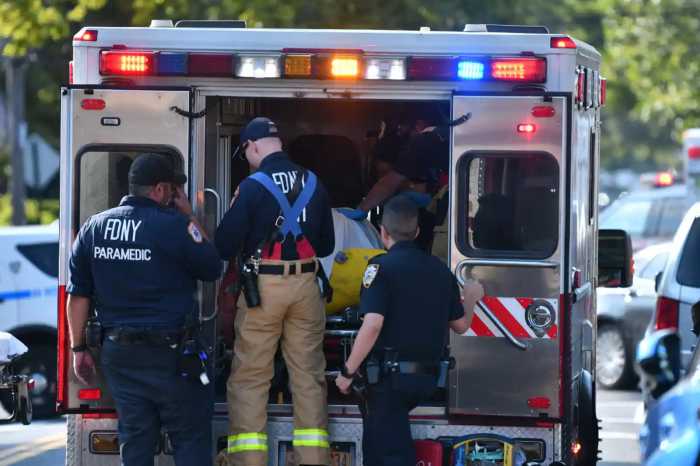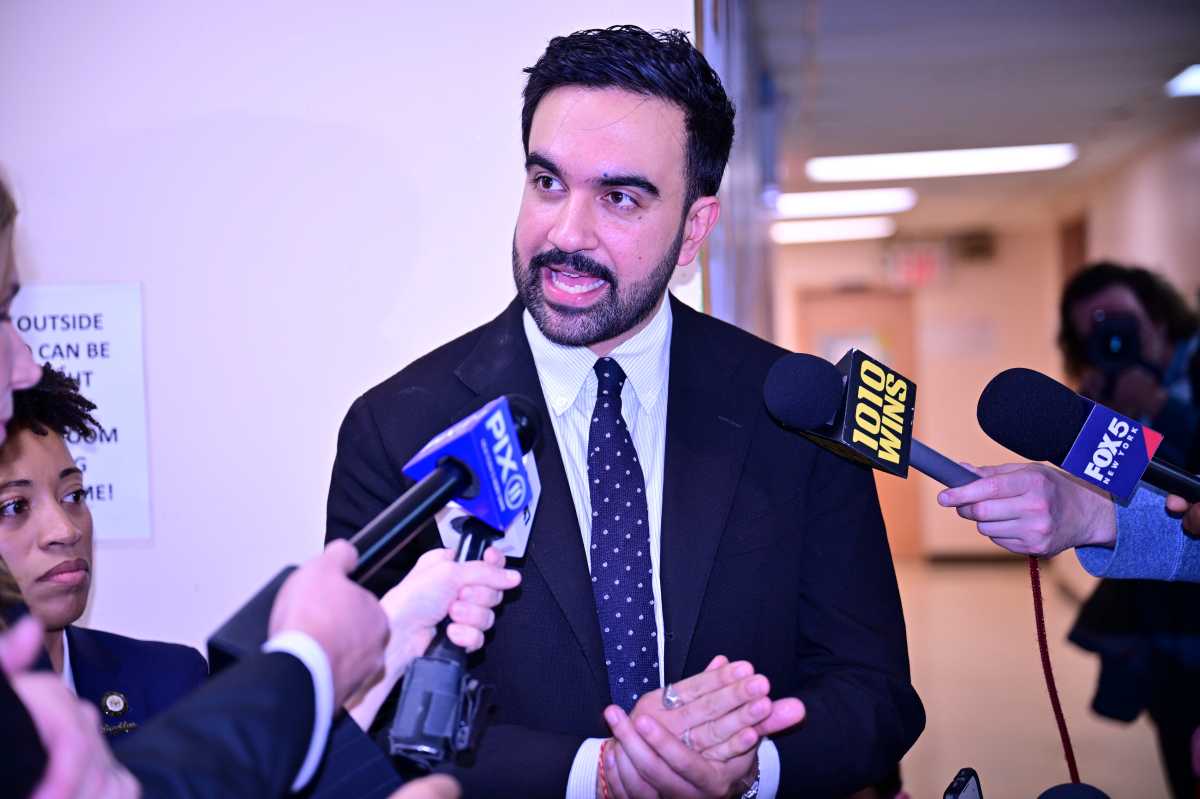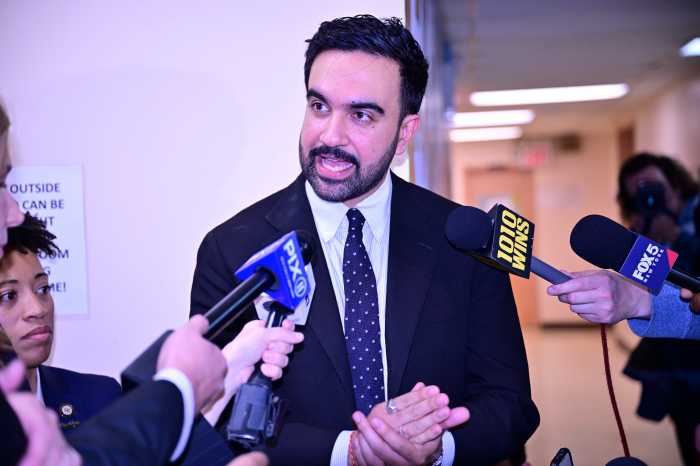Last month in a landmark decision, Trinidad and Tobago’s highest court ruled that buggery laws are a violation of constitutional rights. The historic move is a step towards victory for the island nation’s Lesbian, Gay, Bisexual, and Transgender (LGBT) community — which face sexuality-based discrimination and anti-gay sentiment. The surprising judgement was also celebrated among Caribbean-Americans in the LGBT community, who saw the ruling as a sign of progress and the first step in many to come, said the executive director of a Queens-based gay rights organization.
“My immediate reaction was tears of joy,” said Mohamed Amin of the Caribbean Equality Project. “I felt a sense of pride, a sense of accomplishment, and a sense of solidarity. But I also felt very hopeful that the country is moving in the right direction by decriminalizing and reversing these laws that are in place.”
The case that led to the ruling was a lawsuit brought on by British-based and Trinidadian-born LGBT activist Jason Jones, who challenged the country’s centuries old buggery law — laws that criminalized homosexuality and remained on the law books since its establishment during British colonization.
Trinidadian-born queer activist and CEP volunteer Darren Glenn, said his native country’s ruling came as a huge shock to him, and saidrepeated letdowns left him doubtful when the news broke.
“I was in complete disbelief and I didn’t believe it right away,” he said. “We’ve been making slow progress but I’m always prepared for disappointment, that it didn’t register to me right away when it happened.”
Glenn, who lives on Long Island, said he plans to move back to his homeland in a decade or so, regardless of where Trinidad’s lawmakers decide to move forth on buggery laws. But he also said that his main concern was continuing to advocate and show solidarity with Trinidad’s queer community.
“I’m energized and now I feel a readiness to move forward to help the people living there, because they’re the ones who have to deal with the negative backlash,” he said.
Amin said this was only a minor start in the goal for true progress. While there are many bigger rulings to take place, Amin said that Trinidad’s highest court was already setting the course for more historic rulings. And he said the people in charge were the main ones who can drive that change.
“It’s important for elected officials to acknowledge the laws and also be held accountable for the role that they’re playing in uplifting the cycle of in hate in the Caribbean,” he said.
Several challenges that the LGBT community in Trinidad and the Caribbean face are equal access to healthcare — specifically hormone treatment for transgender individuals and people with human immunodeficiency virus (HIV), and housing and employment discrimination, according to Amin.
He feels that if Trinidadian politicians make the right steps towards removing or revising section of the Sexual Offences Act, which criminalizes homosexuality, it can send a progressive message to neighboring islands in the Caribbean — which have similar laws.
“The fight will be long but at least queer folks are rising up, being visible, and fighting for our rights,” he said. “Being visible comes with challenges and the laws do not protect the LGBT community, and elected officials have the power to change laws and send a message of equality.”



